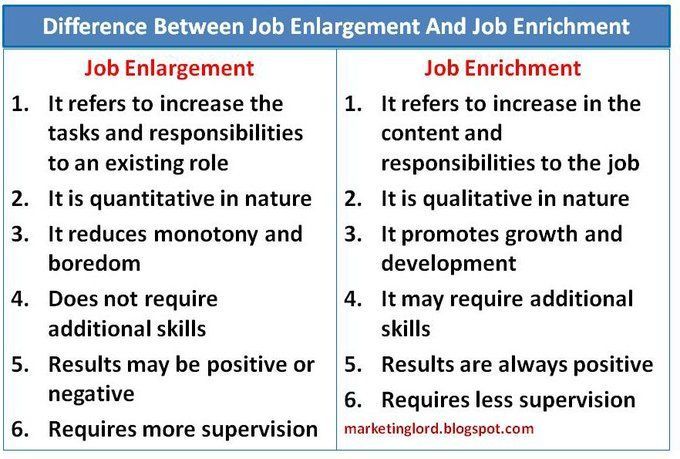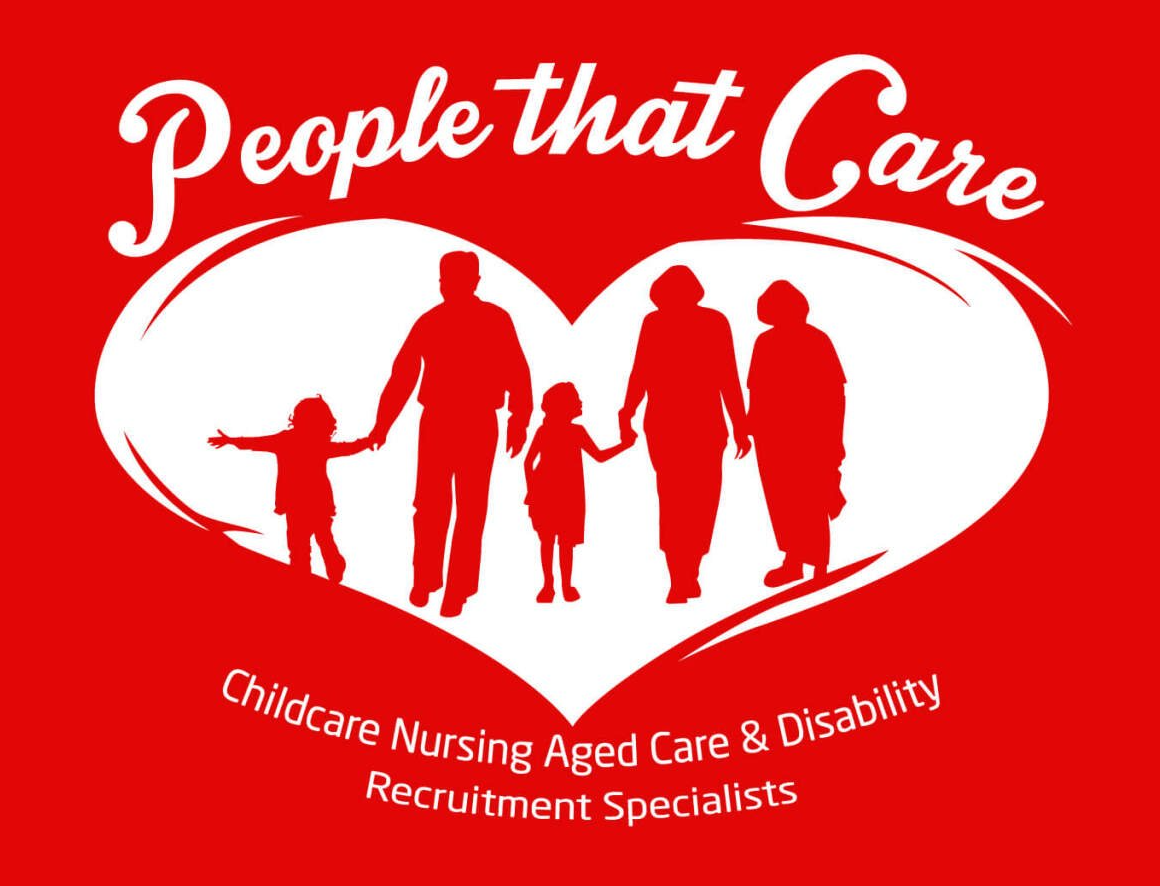Job Search 2024: Key Trends and What to Expect
Even though it seems like the world is always changing, when it comes to job searching, some things will always hold true. It's all about showing your best self, reaching out to the right people, and finding a job that not only pays the bills but also gives you a sense of fulfillment and purpose.
But let’s be real for a sec. Job searching can be overwhelming, exhausting, and downright frustrating at times. Every year comes with its own set of challenges. It’s a roller coaster of highs and lows, but remember, you’re not alone on this ride.
Millions are right there with you, scrolling through job listings, tweaking their resumes, and prepping for interviews. Take a deep breath, and let’s tackle these new challenges and what is coming head-on.
Nothing Will Change, But Everything Will
I know, I know. That headline might have you scratching your head, but hear me out. At its core, job searching in 2024 is not all that different from years past. It’s about showcasing your skills, connecting with potential employers, and finding a company culture that feels like home (but not as family).
But here’s the kicker: the way we go about all that? It’s evolving fast. Technology, especially AI (ChatGPT), will play a bigger role than ever before. And while that might sound intimidating, it’s actually pretty awesome. AI can help streamline the job search process, match you with positions that align with your skills, and even give you a leg up in preparing for interviews, like this ChatGPT Interview Coach.
But it doesn’t replace the human element! Companies are still run by people, and they’re looking to hire people - real, live, human beings with passions, aspirations, and the ability to think outside the algorithm.
While AI is a powerful tool in your job search arsenal, never underestimate the power of genuine connections, a well-crafted reach-out message, and the ability to sell yourself in an interview.
Job Search 2024: Key Trends and What to Expect
Trying to predict the future or guess the trends is tricky. No one can ever be 100% certain. But let's hop on the prediction train as we head towards 2024.
Now, remember, these are just my predictions based on my experience and what I've seen in the market. Of course, things can change, and the predictions below might not apply to every industry or location. Even though I'm pretty confident in my predictions, only time will tell.
1. Shift to an Employer-Driven Market from a Candidate-Driven Market
In recent years, we’ve seen a candidate-driven market where job seekers held significant power due to a talent shortage in various industries. However, as we enter 2024, the landscape shifts toward a balanced employer-employee-driven market.
This means that while candidates still have considerable influence, employers also take a more active role in shaping the job market.
For job seekers, this transition signifies a need for adaptability and a proactive approach. It’s more crucial than ever to showcase not only your skills and experiences but also your cultural fit and potential contribution to the company’s growth.
Building strong relationships through networking, showcasing a track record of continuous learning, and demonstrating how you align with the company’s values and mission become key elements of a successful job search.
2. Fear of Recession
Traditionally, January and February are strong months for hiring, but I don't think we'll see quite the same level of energy as we've seen before. The global economic situation, the state of China and other major economies, and all these ongoing conflicts are definitely having an impact.
That is why economic uncertainties, including fears of a recession, may impact recruitment strategies during the whole year. Companies might become more cautious with their hiring plans, focusing on critical roles while putting other hiring on hold. Recruiters may need to navigate these economic uncertainties by developing flexible recruitment strategies that allow for rapid scaling up or down as circumstances change.
Overall, I expect 2024 to be a better year for hiring than the previous year unless we encounter another global pandemic or major global crisis.
If I had to pick a main theme for 2024, it would definitely be "Job Stability is a Top Priority". That's what most job seekers will be going for in the first half of the year.
3. Artificial Intelligence in Recruitment
AI isn't just a tool for job seekers to improve their cover letters and write outreach messages; recruiters are also heavily relying on it. In 2024, expect to see more AI-driven processes in recruitment, from basic resume screening to initial communication stages.
Chatbots might be the first entity you interact with when applying for a job, and AI algorithms could play a significant role in shortlisting candidates.
For job seekers, it's important to make sure your resume is AI-friendly. And by that, I don't mean the kind of scam deals you might see soon from some coaches who promise you a fancy new AI-friendly resume template that will beat AI.
What I mean is, use clear and straightforward language, and include relevant keywords that match the job description. Using colorful and extravagant Canva resume templates might not be the appropriate approach.
Additionally, be prepared for AI-driven interviews, where algorithms may analyze your responses before a human recruiter reviews them.
4. Rise of Automated Job Applications
You might be discouraged by the crazy high numbers of job applications you saw on LinkedIn ads when you applied, which I explained in the previous article. But brace yourself, because you're going to see even higher numbers in 2024!
You know who's to blame? Automated job applications! They're the real culprits behind all this!
Imagine shooting your resume to a hundred companies with just a single click. Sounds efficient, right? Well, welcome to the age of automated job applications!
With rise of technology, it's become super easy for job seekers to apply to multiple positions at once. From auto-filling application fields to sending out hundreds of job applications within minutes—tasks that would normally take hours or even days can now be done in under sixty minutes.
However, there's a flip side. As the barrier to applying lowers, companies are now flooded with applications for every open position. This deluge can make it challenging for your application to stand out, turning the job-hunting game into a numbers race.
But don't worry! At the end of the article, I've got some tips on how you can stand out in this competition.
5. Remote Work Evolves into Hybrid Models
Remote work is here to stay, BUT here's the thing: while remote work offers many advantages, it's not all sunshine and rainbows.
That is why many companies are moving towards hybrid models, combining the best of both worlds. This means splitting time between working remotely and in-office, providing flexibility while maintaining a sense of community and collaboration. Of course, this setup won't work for those who are fully remote or love the flexibility that remote work offers.
In 2024, companies will prioritize productivity and teamwork even more than before, and it seems that having team members scattered across different locations is not yielding the expected results and innovation.
As a result, we can expect more companies to transition from remote roles to a hybrid model, where working in the office for 2-3 days becomes the new norm for a while, maybe the next year or two. I think three days has become the norm in many industries.
Source: The Future of the Office Has Arrived: It's Hybrid
6. The Rise of Job Search Personalization
Just as personalization has become a staple in marketing and e-commerce, it's now making its way into the job search process. In 2024, job seekers can expect more personalized job recommendations and career advice based on their online activity, preferences, and previous applications.
To make the most of this trend, ensure that you’re clear about your job preferences, skills, and career goals. Engage with job search platforms, set up detailed profiles, and utilize AI-driven tools that can help match you with the right opportunities.
That's why your LinkedIn profile will play a crucial role in your job search in 2024. Having a resume is good, but LinkedIn and companies that scrape LinkedIn data will use your information to match you with job opportunities. If you haven't properly filled out and customized your LinkedIn profile, you'll miss out on job opportunities because recruiters won't be able to find your profile.
7. Upskilling and Continuous Learning
Gone are the days when a college degree was enough to last you an entire career. The rapid pace of technological advancement means that the skills needed in today’s job market are constantly evolving. Employers are on the lookout for candidates who demonstrate a willingness to learn and adapt.
So, what’s the game plan? Continuous learning. Engage in online courses, attend workshops, and seek out opportunities to acquire new skills. Whether it’s learning a new programming language, getting a certification in project management, or taking a course in digital marketing, showing that you’re committed to your personal and professional growth goes a long way.
Make you show off your new skills on your resume and LinkedIn profile. Employers are keeping an eye out for these keywords, and it could really help you stand out. Plus, LinkedIn's AI will use the info on your LinkedIn profile to recommend you to employers searching for new talent. So, make the most of it!
8. Employment Background Checks, Background Screening
Nowadays, many companies are striving to create inclusive and safe environments. To ensure they hire the right fit, they often rely on third-party vendors to conduct background checks.
If you Google your name and find it associated with hate crimes or criminal activities on the first page of Google or Google News, you'll likely face difficulties in finding a job.
The last thing companies want is to hire racists or someone who could disrupt their team dynamics. They prioritize maintaining a safe environment for all their colleagues. So, it's highly likely that you'll encounter some form of background check during the interview process at some point.
Another reason why companies will start implementing it is because of the rising number of scams and corporate espionage. In a world where technology has not only facilitated genuine remote work but also sophisticated fraudulent activities, the necessity for robust background verification has never been more critical.
The advent of AI and deepfake technologies has made it easier for individuals to fabricate identities, fake video interactions, and clone voices, making the virtual workspace a fertile ground for scams. A chilling instance of this is seen in a scam where thousands of fake remote IT workers channeled their wages to fund a North Korean weapons program.
These trends underline a grim reality; traditional background checks are no longer foolproof in the digital age when you can clone someone’s face and voice within seconds. As we step into 2024, more companies are anticipated to ramp up their background verification measures to navigate through the murky waters of online recruitment.
This will likely include a combination of advanced AI-driven verification tools, thorough vetting processes, and perhaps collaborations with global verification agencies to ensure the authenticity and integrity of the individuals they are bringing on board.
9. Spike of Job Scams
A sudden spike in job scams has become a growing concern recently, posing a serious threat to job seekers worldwide. With fraudsters using increasingly sophisticated tactics, unsuspecting individuals are falling victim to fake job postings, deceptive interviews, and fraudulent schemes.
With LinkedIn now implementing AI into their site, get ready to see an influx of so-called "experts" offering foolproof tips, guides, or services on how to outsmart this AI and increase your visibility. It will be the same story with ATS robot-proof resume templates, that we see on the market; the only thing that will change is that they will add “AI” into that.
Moreover, these "Top Voice" LinkedIn badges don't really help us determine if someone is truly an expert or just someone who has submitted a sufficient number of answers to AI-generated content on LinkedIn.
Get ready for the rise of paid content and training! Their sole purpose is to convince job seekers that they are the ultimate solution. Believe it or not, there are already plenty of people in the market doing just that, and what you see below is a perfect example.
Don't fall for these tricks, it won't help you stand out. When all those job seekers use the same messages, they just end up looking like clones and even come across as scammy to many recruiters. Trust me, being unique will make you shine in the market much better than wasting your hard-earned money on those scammy training and tips.
Job seekers must stay vigilant and informed, equipping themselves with the knowledge and tools necessary to identify and avoid these scams. By understanding the red flags, conducting thorough research, and verifying the legitimacy of opportunities, individuals can safeguard themselves against falling prey to these malicious practices.
Job Search 2024
That was a lot, wasn’t it? But navigating the 2024 job market doesn’t have to feel like rocket science. Yes, AI is playing a bigger role, and yes, the influx of automated applications has created more noise. But remember, at the end of the day, companies are looking for genuine, passionate individuals.
Embrace the change, use the technology to your advantage, but don’t forget the human touch. Network, build relationships, and showcase your authenticity. The job market may be evolving, but your unique qualities? Those are timeless.
So, gear up, stay positive, and remember: you’ve got this! The 2024 job market is ready for you, and with these tools and tips in hand, you’re more than ready to conquer it. Happy job hunting!
Source: https://newsletter.jobsearch.guide/p/job-search-2024


